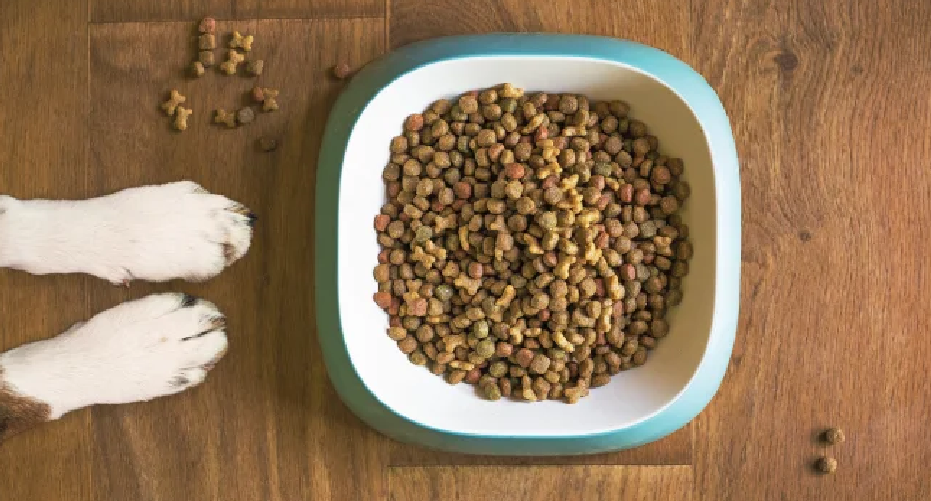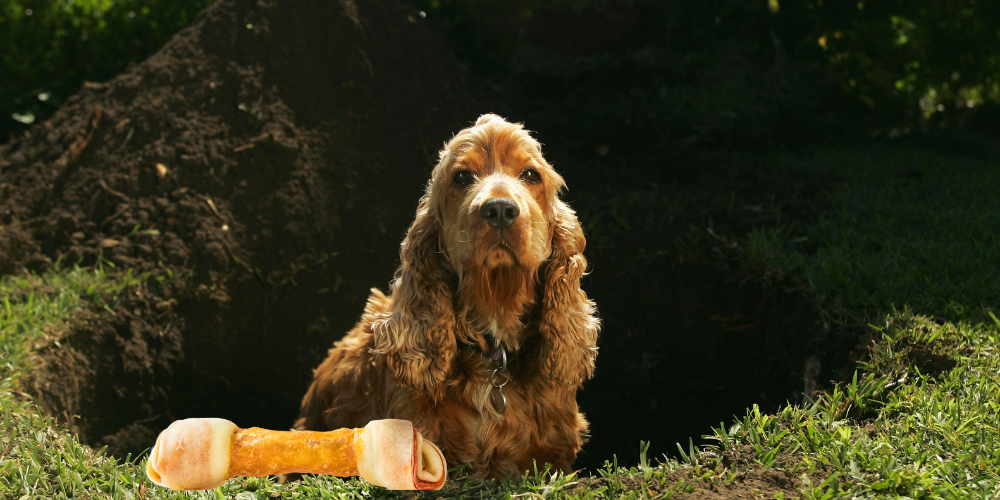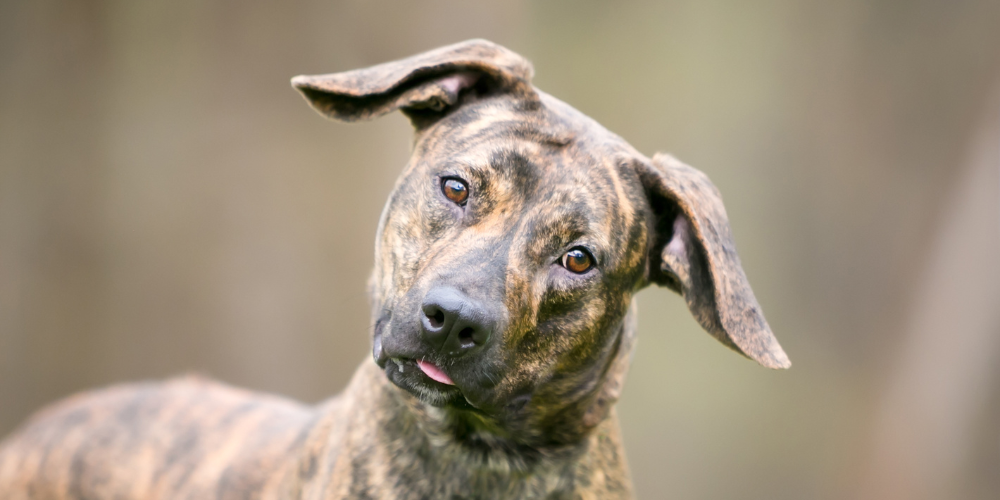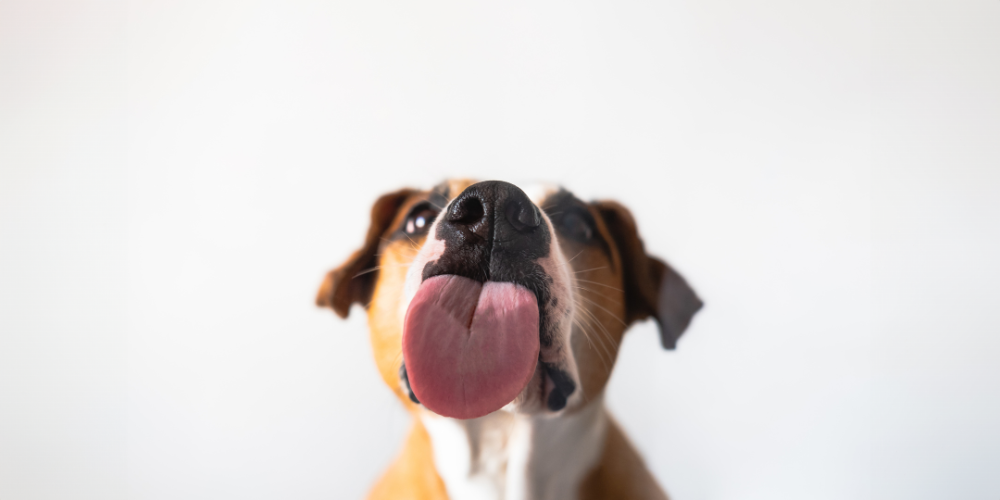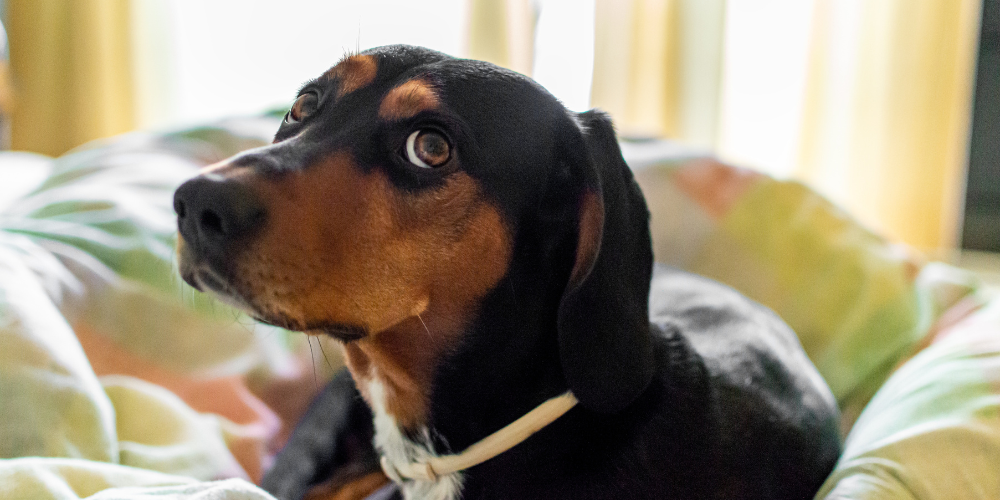
Do Pets Hold Grudges?
Ever wondered if your pet remembers the time you stepped on their tail or skipped their dinner by accident? The idea that pets hold grudges is intriguing, but it’s not entirely accurate. Cats and dogs don’t hold grudges in the way humans do, but they do have emotions and memories that shape their behaviour.
Whether it’s a sulking pup or a cat giving you the cold shoulder, their reactions are more about self-preservation and less about revenge. So, do pets hold grudges, or is it all in your head?
Let’s break it down by looking at how cats and dogs process these situations and how they communicate their feelings.
Do Cats Hold Grudges?
Cats are often labelled as aloof and mysterious, so it’s easy to imagine them plotting their next move after you’ve done something to upset them. However, cats don’t actually hold grudges. Instead, their incredible memory helps them recall experiences that affect their safety or comfort.
For example, if you startled your cat during a loud cleaning session or tried to bathe them, they might keep their distance for a while. This isn’t about vengeance—it’s about avoiding situations that they perceive as negative.
Cats are simply wired to look out for their well-being, even if it sometimes feels like they’re punishing you.
How to Know Your Cat’s Annoyed
Cats are pros at letting you know when they’re unimpressed. Look out for these behaviours:
- Avoidance: If your cat won’t come near you or deliberately sits with their back turned, they’re making it clear they’re annoyed.
- Glaring or Narrowed Eyes: Cats have a look that says, “I can’t believe you did that.” If you’re on the receiving end, take note.
- Tail Flicking: A twitching or swishing tail is a surefire sign your cat is irritated.
- Vocal Cues: Angry meows, grumbles, or growls can mean your cat is in no mood for nonsense.
When your cat seems annoyed, patience is key. Give them space, offer their favourite treats, and let them come to you when they’re ready.
Do Dogs Hold Grudges?
Dogs are much more forgiving than cats, but that doesn’t mean they’re completely immune to feeling upset. While dogs don’t hold grudges in the human sense, they do remember emotional events for a short time.
For instance, if you accidentally step on your dog’s paw or scold them a bit too harshly, they might sulk for a while. But dogs are emotionally driven and live in the moment, meaning they’re quick to forgive.
A little love and attention—like scratches behind the ears or their favourite treat—can usually smooth things over.
How to Know Your Dog’s Annoyed
Dogs are more expressive than cats, so their annoyance is often easier to spot. Watch for these signs:
- Sulking or Avoiding You: If your dog walks away when you approach or doesn’t wag their tail as usual, they might be upset.
- Sad or Pouting Expressions: That classic “puppy dog eyes” look can also signal unhappiness.
- Body Language: Ears pulled back or a tail tucked under their body are signs your dog is feeling uneasy.
- Ignoring Commands: A dog that suddenly “forgets” their training might just be letting you know they’re not happy with you.
Rebuilding trust with your dog is usually quick and straightforward. A heartfelt belly rub or a fun play session can turn their mood around in no time.
So, Do Pets Hold Grudges?
The verdict? Cats and dogs don’t hold grudges in the same way humans do. Their reactions are tied to emotions and memories, but they aren’t harbouring resentment. Cats might need more time to feel comfortable again, while dogs are typically quicker to forgive.
By understanding how your pet communicates their feelings, you can respond with the care they need—whether it’s giving them space, offering a treat, or spending extra time playing.
So, the next time you accidentally upset your pet, remember that patience and love go a long way.
